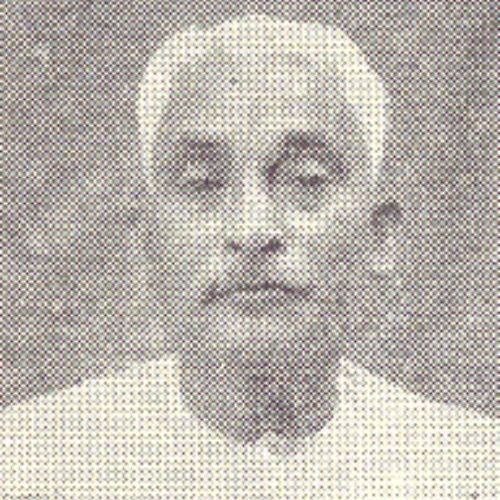Early Life
Upendranath Barman was born on 1 December 1899 in Cooch Behar, West Bengal. He graduated from Victoria College, Cooch Behar and then studied law at University Law College, Calcutta.
He practiced law for a few years in Jalpaiguri, West Bengal. He then began his public career as the Vice-Chairman of the Jalpaiguri Municipality.
Role in India’s Independence Movement
Barman was a member of the Indian National Congress and was elected to the Bengal Legislative Assembly (1936 to 1945). Barman served as a Minister of the Congress Coalition Cabinet in the state of Bengal (1941 and 1943). Details of his career political career are unknown.
We know more about this participation in social movements. He experienced caste discrimination as a young adult which inspired him to work for the rights of backward classes. He served as an active member of the Kshatriya Samiti – an organization that advocated for the abolition of the zamindari system.
Barman believed that education was the means by which backward classes could uplift themselves. He was vocal about the need for free and compulsory primary education and served as the President and Vice President of various high schools in Jalpaiguri.
Contribution to Constitution Making
Barman was elected as a member of the Constituent Assembly from West Bengal through a Congress Party ticket. He actively participated in the debates, especially those involving minority rights.
Later Contributions
In 1948, he represented India at the Commonwealth Parliamentary Conference, London, and the International Rice Commission, Rangoon in 1950.
Barman died on 7 February 1988.
Key Writings
Barman wrote two books on the Rajbanshi Community: History of the Rajbhanshi Community and History of Rajbhanshi Literature.
- Baman supported Ambedkar’s amendment which stated that the expiry of reservations for Schedule Castes and Schedule Tribes within 10 years of the Constitution of India coming into effect.
- He believed adult franchise would play a key role in the community’s upliftment.
- Barma resisted the claim that the Constitution of India was merely a copy of the Government of India Act 1935 pointing out the Constitution’s provision on universal adult franchise.
- Chanchal Adhikary, Upendranath Barman and Caste Politics among the Rajbanshis of North Bengal, 6(2) Voice of Dalit, 2013, pages 137-145
- Upendra Nath Barman: The Rise of a leader from Regional to National Politics 1898 – 1988, Tushar Kanti Barman

